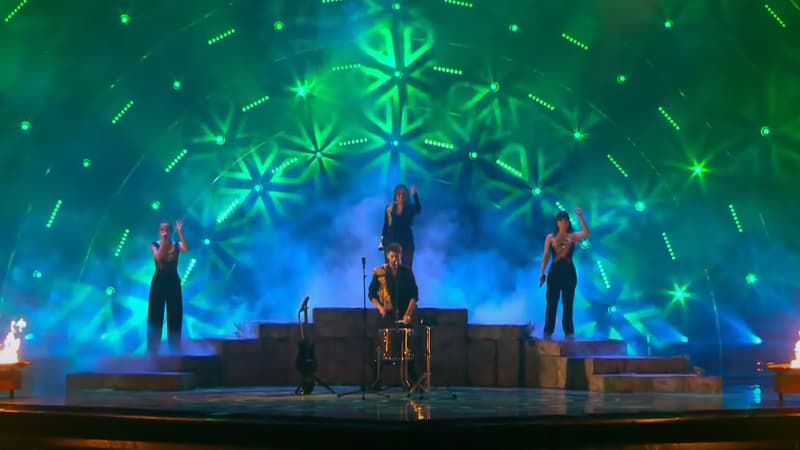The links between Eurovision and geopolitics are no secret. Many researchers have highlighted the existence of blocks of countries that support each other when distributing points. A new study between two Dutch universities goes further, suggesting that countries where right-wing populist parties have more weight tend to attribute their votes to traditional musical numbers.
Directed by the universities of Amsterdam and Tilburg and published on November 7 in Springer magazine, Pop Populism: Ethnotraditionalism Across National Borders and the Populist Radical Right seeks to answer a question: will a country where hostility towards immigration is strong support other countries that show an attachment to their own traditions? To do this, the study analyzes the votes of the European Song Contest between 1999 and 2019, that is, twenty consecutive editions and 767 songs.
“Our survey shows that support for songs with ethnic-traditional aspects – that is, the use of the national language and the presence of elements (…) such as music, dances, costumes or traditional instruments – increases significantly depending on the presence of radical right-wing parties in the country that distributes the points”, can be read there.
Multiple criteria retained
How do you sum it up? guardian, the study notes that 28% of Eurovision contestants, from 1999 to 2019, submitted at least one of the following: a song sung in their national language instead of English, traditional costumes, ancient instruments or folk music. And that its use influenced the votes of countries where the presence of radical right-wing parties was significant.
The British media cite in particular the example of the Buranovskiye Babushki (literally, “the grandmothers of Buranovo”), representatives of Russia in 2012, a group of old women dressed in traditional costumes and singing in a regional language. But also the Irish candidates of 2007 or the Polish candidates of 2014:
“Comparing the votes for these songs with the percentage of parliamentarians from right-wing radical populist parties in voting countries, we found an increase in votes in countries where right-wing populists hold a greater number of seats in Parliament,” Alessandro Nai, co-author of the study, he told the British newspaper.
He cites as examples the votes attributed to these numbers by Hungary, Serbia, North Macedonia and Turkey. And he suggests: “In the isolationist worldview attributed to radical right-wing populists, the expression of ethnonationalism in foreign countries makes them allies.”
Progressive Contest
The authors of the study, however, invite these conclusions to be taken with caution, remembering that their analysis is not based on the political inclinations of the people who vote in Eurovision. And even deeming the international teleconference “likely” to be less popular with conservative-minded viewers, the competition spreads values of inclusion of ethnic, religious and sexual minorities.
The Eurovision 2023 final will take place on May 13 in Liverpool. He will follow the victory of the Ukrainians from the Kalush Orchestra group with his song. Stephanie. Tradition says that the winning country hosts the next edition but, due to the war that is still raging in Ukraine, the organizers preferred the United Kingdom (it will be second in 2022 with space man by Sam Ryder).
Source: BFM TV


